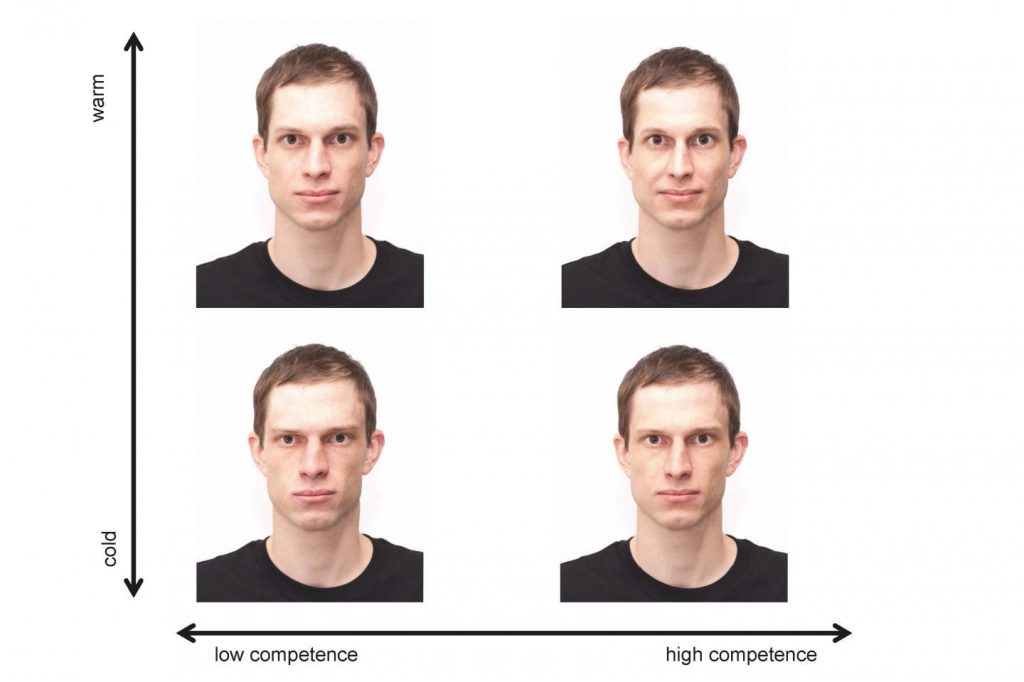 “OMG I just LOVE pizza.” Is this statement sarcastic? Is it heartfelt? As our everyday communication is increasingly text-driven, inferring emotion from messages is an important skill. If the receiver of the message is a friend, they should be able to understand the sender’s emotion better than a complete stranger. But a recent study by researchers at Chatham University found that friends are no better at interpreting correct emotional intent in e-mails than complete strangers.
“OMG I just LOVE pizza.” Is this statement sarcastic? Is it heartfelt? As our everyday communication is increasingly text-driven, inferring emotion from messages is an important skill. If the receiver of the message is a friend, they should be able to understand the sender’s emotion better than a complete stranger. But a recent study by researchers at Chatham University found that friends are no better at interpreting correct emotional intent in e-mails than complete strangers.
Monica A. Riordan and Lauren A. Trichtinger (Chatham University) published their findings in the journal Human Communication Research. The researchers conducted three studies to find out the effect of contextual information on the confidence and accuracy of affective communication via e-mail.
In the first two studies, writers wrote two e-mails, indicating the presence or absence of eight different emotions in each e-mail. One e-mail was based on a predetermined scenario, and the other freely written. These e-mails were then read by strangers, who rated each e-mail for those same eight emotions.
The third study tweaked the procedure to test the effect of relationship. Writers wrote two e-mails (one based on a scenario, the other freely written) and indicated whether eight different emotions were present in each e-mail they wrote. Writers then sent these two e-mails to both friends and strangers, each of whom rated the e-mail for the same eight emotions, then wrote response e-mails.
The researchers found that writers are more confident their friends can correctly interpret their e-mails than strangers- and readers are more confident in interpreting e-mails from friends than strangers, as well. In fact, everyone was highly confident in their e-mail writing and reading abilities. However, this confidence had no relationship with actual accuracy, suggesting people are poor judges of their affect-detection skills. They also found that verbal and nonverbal cues, like emoticons, all caps, or repeated exclamation points did not have a positive effect on accuracy.
Past research has sought to determine how we communicate our emotions in environments from which facial expressions, vocal intonation, body language, and other cues are missing. But many of the studies have flaws in that they are based on artificial stimuli that third parties are asked to rate. It is difficult to determine whether nonverbal or verbal cues are substitutes for emotion without examining the communication as a whole.
“As e-mail, text messaging, and other forms of computer-mediated communication become more dominant forms of interaction, the communication of affect becomes more difficult, primarily because facial expressions, gestures, vocal intonation, and other forms of expressing emotion are lost,” said Riordan. “It is clear from this study that readers can determine that we are angry, but cannot determine HOW angry. The loss of this subtlety could lead to consequences in many forms– especially in our relationships, where the difference between annoyance and rage can be vast, and a simple misinterpretation of an intended emotion can lead to a drastic alteration in that emotion.”
 People are often excluded from social groups. As researchers from the University of Basel in Switzerland report in the Journal of Experimental Social Psychology, whether uninvolved observers find this acceptable or not may depend on the facial appearances of those excluded. The exclusion of cold and incompetent looking people is more likely to be accepted.
People are often excluded from social groups. As researchers from the University of Basel in Switzerland report in the Journal of Experimental Social Psychology, whether uninvolved observers find this acceptable or not may depend on the facial appearances of those excluded. The exclusion of cold and incompetent looking people is more likely to be accepted.